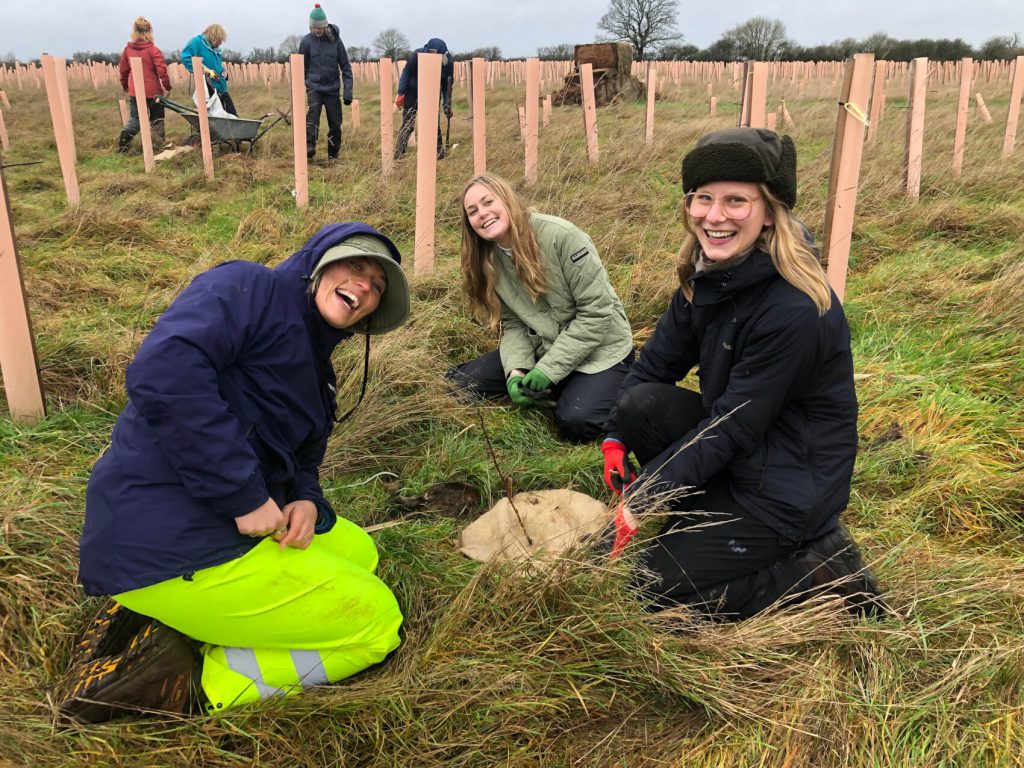With 51% of people citing work commitments as their primary barrier to volunteering, encourage your volunteers to volunteer to enhance, or even advance, their career prospects. Drawing attention to the career benefits of volunteering helps people to view volunteering as something that connects with their lifestyle. Volunteering opportunities that appeal to a volunteer’s hard or soft skills can enrich various qualities that will benefit almost any career.
Benefits
Whether you are a corporate organisation looking to increase volunteering within your workforce, or you are a volunteer-involved organisation from any other sector, there are career-related benefits for your volunteers. Benefits include:
Networking and Relationship Building
Volunteering involves relationship-building with volunteer managers, mentors, and fellow volunteers. Through volunteering, volunteers can meet like-minded professionals. As a result, a volunteer’s professional network expands, opening the door for future carer opportunities and connections.
Being a proactive, engaged volunteer is one of the best ways to demonstrate commitment and enthusiasm. Showcasing such skills may also benefit a volunteer’s career when they require a reference. Providing your volunteers with ongoing constructive feedback is a great way to ensure that your organisation and volunteers are getting the most out of a volunteering opportunity. With Thumbs Up feedback and recognition OpenBadges, providing feedback is easy with TeamKinetic.

Industry Experience and Exposure
A volunteering opportunity does not always need to relate directly to a volunteer’s current career. In fact, volunteering is a fantastic chance to explore a new sector of interest. For example, if a volunteer’s ambition is to work within the healthcare sector but they not yet have experience or insight into this field, volunteering is an opportunity to witness the healthcare industry in action.
If a volunteer is not looking to make a career change, they can benefit their career by gaining additional practical experience within their sector. Through volunteering, volunteers may encounter tasks that are not yet accessible to them in the form of a paid role. This is particularly beneficial for those just starting out in their career and looking for experience.
Skills development
Volunteering can develop, teach and enhance a variety of skills. As mentioned above, this is true for volunteering roles that do and do not relate to a volunteer’s current career. Stepping into a value-lead environment is a grounding experience for many volunteers. The contrast between a volunteering space and a work environment is an opportunity for volunteers to see the importance of empathy and building healthy working relationships.

Giving talks about my career has helped my presentation and networking skills. If you can do a presentation for teenagers you can present to anyone! I have also gained mentoring skills which transfer well into people management at work.
Shereen, a volunteer with TeamKinetic users Stemettes
When looking to create volunteering opportunities that may benefit a volunteer’s career, you can think beyond so-called ‘unskilled’ roles. Although the volunteer-involved environment in and of itself benefits volunteers, many volunteers will have existing skills they are looking to develop or utilise. When creating an opportunity using TeamKinetic, this requirement can be made clear by providing details in the ‘Skills Required’ section. This way, you do not need to worry about volunteers being unprepared or unaware when beginning an opportunity.
You can find TeamKinetic on social media and listen to our podcast:
Twitter Facebook LinkedIn YouTube Instagram Podcast
Have you enjoyed using TeamKinetic? If you could leave us a review on Capterra, we’d really appreciate it! We’ll even send you a little thank you.

